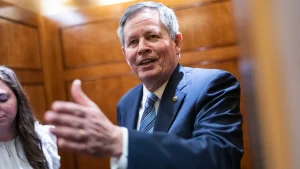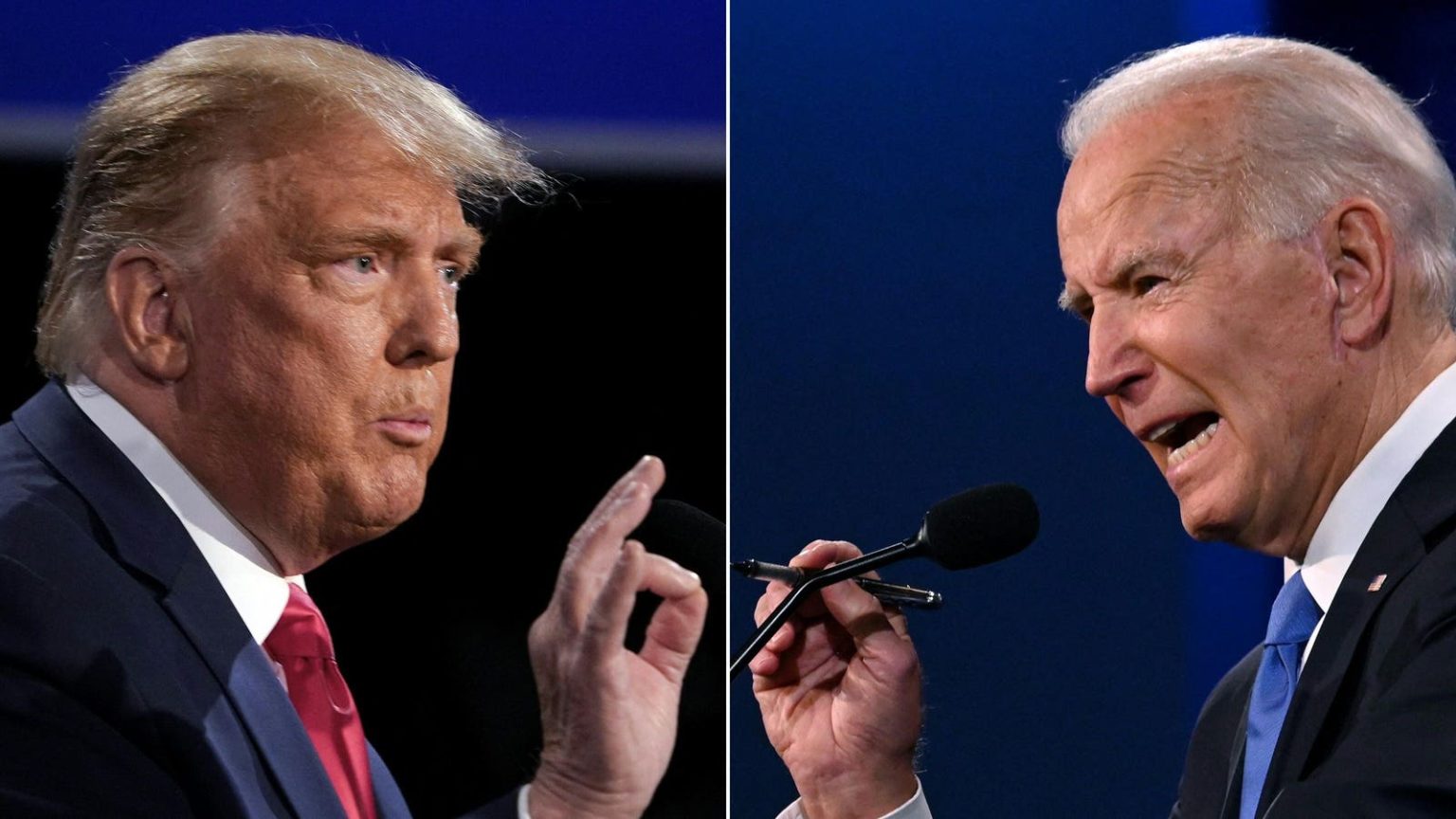Student Loan Borrowers Face Extended Payment Pause Amidst Legal Battles and Upcoming Administration Change
Millions of student loan borrowers are expected to see their payment obligations paused for the majority of 2025 as legal challenges surrounding income-driven repayment (IDR) plans continue, according to a recent announcement by the Education Department. This extended forbearance stems from ongoing litigation challenging the SAVE plan, a cornerstone of the Biden administration’s student loan relief efforts, along with other affected IDR plans. The confluence of these legal battles and the impending transition to a new presidential administration has injected significant uncertainty into the future of student loan forgiveness programs.
The SAVE plan, designed to provide more affordable repayment options and faster forgiveness for eligible borrowers, has been effectively blocked by a court injunction obtained by a group of Republican-led states. This legal challenge has not only halted the implementation of SAVE but also impacted other IDR plans, including ICR and PAYE, which rely on similar legal authority. As a result, over eight million borrowers who had applied for or transitioned to these affected IDR programs have been placed in administrative forbearance, suspending their payments and interest accrual.
The Education Department’s latest announcement projects that this forbearance will likely continue until at least December 2025. This extended pause is attributed to the technical adjustments required by loan servicers to accurately calculate monthly payments under the complex provisions of the SAVE plan. The department anticipates that these updates will not be completed until September 2025, with the first payments under the reinstated plans expected in December 2025 at the earliest. Furthermore, the annual income recertification deadlines for borrowers in these affected plans have been pushed back to 2026, further delaying the typical annual recalculation of IDR payments.
While the extended payment pause offers immediate relief to borrowers, it carries a significant drawback: the forbearance period does not count towards progress toward student loan forgiveness under IDR or Public Service Loan Forgiveness (PSLF). This means that while borrowers are not required to make payments, this period of non-payment does not contribute to the required repayment timeline for eventual loan forgiveness. Although borrowers can choose to make voluntary payments during the forbearance, these payments will be applied to future bills and will not accelerate progress towards forgiveness.
Borrowers who wish to continue accruing credit towards IDR or PSLF forgiveness have the option to switch to a different qualifying IDR plan. The Education Department has recently resumed processing applications for the ICR, PAYE, and IBR plans, though significant processing delays are anticipated. It is important to note that while the ICR and PAYE plans have been reopened, the loan forgiveness component of these plans remains blocked by the court order. However, the IBR plan, established through separate Congressional legislation, remains unaffected and offers a pathway for continued progress toward loan forgiveness.
The approaching transition to a new presidential administration introduces substantial uncertainty regarding the future of these programs. The timelines outlined by the current Education Department are subject to change under the incoming administration. Moreover, the political landscape presents potential challenges to the existing framework of student loan forgiveness. House Republican leaders have advocated for substantial student loan reforms, including the possibility of repealing time-based forgiveness under IDR plans. The outcome of these proposed reforms, coupled with pending court decisions, will ultimately shape the future of student loan forgiveness programs and the options available to borrowers. The Education Department has committed to keeping borrowers informed of any further developments related to the litigation or policy changes that may impact their loan status.
Further details regarding the current situation and options for borrowers:
-
SAVE Plan Forbearance: Borrowers currently enrolled in the SAVE plan or placed in forbearance due to the legal challenges will not be required to make payments until at least December 2025. Interest will not accrue during this period.
-
Income Recertification Delay: Annual income recertification deadlines for affected borrowers have been postponed to 2026. Borrowers are encouraged to enroll in auto-recertification to ensure their enrollment in the SAVE plan or other IDR plans remains active.
-
Impact on Loan Forgiveness: The forbearance period does not contribute towards progress towards loan forgiveness under IDR or PSLF. Voluntary payments made during forbearance will not count towards forgiveness requirements.
-
Alternative IDR Plans: Borrowers seeking to continue accruing credit towards loan forgiveness can switch to the IBR plan, which is not affected by the current court injunction. While applications for ICR and PAYE have resumed, the forgiveness features of these plans remain blocked.
-
Uncertainty under New Administration: The timelines and program details outlined by the current Education Department are subject to change under the incoming administration. Proposed legislative reforms could significantly alter the existing student loan forgiveness landscape.
- Stay Informed: Borrowers are advised to stay updated on developments related to the ongoing litigation and potential policy changes by monitoring official announcements from the Education Department and their loan servicers. The Education Department has pledged to keep borrowers informed of any changes that may affect their loan status.












